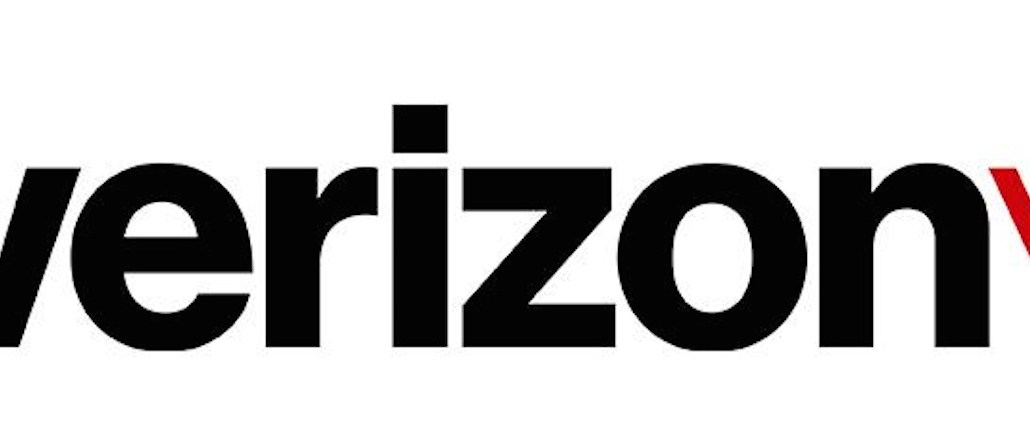Secure your place at the Digiday Publishing Summit in Vail, March 23-25

Fresh off announcing a slate of new data plans, Verizon thought it would be a good idea to promote it with a sponsored hashtag on Twitter.
The hashtag, #IGotVerizon, was meant to sway people to make the switch and encourage people to tweet positively about the brand, like this:
Paying less per GB on the new Verizon Plan? #IGotVerizon makes everyone feel like they’re @KingJames. https://t.co/BeEUAVyGwo
— Verizon (@verizon) July 7, 2016
Instead, it quickly went haywire. Hundreds of furious Twitter users hijacked the hashtag to complain about the company, slamming the new plans in a communal therapy session.
Here are some examples:
#igotverizon but it’s absolutely the most disproportionately high bill I pay. For limited data. Giant company should be able to do better.
— CJ Lake (@cjlake) July 7, 2016
#iGotVerizon but clearly #VerizonDontGotMe these new plans are
— Victor Mendez (@Victor_J_Mendez) July 7, 2016
#IGotVerizon More like they have you, taking you for every penny. pic.twitter.com/RyXuefwFxv
— Gotham_Knowledge (@GothamKnowledge) July 7, 2016
Not sure paying to promote #IGotVerizon a day after announcing plan cost increases resonates well with subscribers. #IGotJipped
— Eric Vaughn-Terre (@artattack212) July 7, 2016
#IGotVerizon and I wish I had @TMobile
— edward (@itsedward7) July 7, 2016
Competitors saw the opportunity and jumped in like the CEOs of Sprint and T-Mobile:
GREAT strategy @Verizon:
Step1: Raise prices
Step2: Tell them you aren’t raising prices
Step3: Tell them to be thankful— MarceloClaure (@marceloclaure) July 6, 2016
.@verizon creates pain points, then charges more to solve the pain points created. Where have I heard this business model before? #Sopranos
— John Legere (@JohnLegere) July 6, 2016
Verizon ranks toward the bottom when it comes to customer satisfaction, so letting people openly comment on the brand probably wasn’t its smartest idea. The company didn’t immediately reply for comment about the campaign.
More in Marketing

‘The conversation has shifted’: The CFO moved upstream. Now agencies have to as well
One interesting side effect of marketing coming under greater scrutiny in the boardroom: CFOs are working more closely with agencies than ever before.

Why one brand reimbursed $10,000 to customers who paid its ‘Trump Tariff Surcharge’ last year
Sexual wellness company Dame is one of the first brands to proactively return money tied to President Donald Trump’s now-invalidated tariffs.

WTF is Meta’s Manus tool?
Meta added a new agentic AI tool to its Ads Manager in February. Buyers have been cautiously probing its potential use cases.





